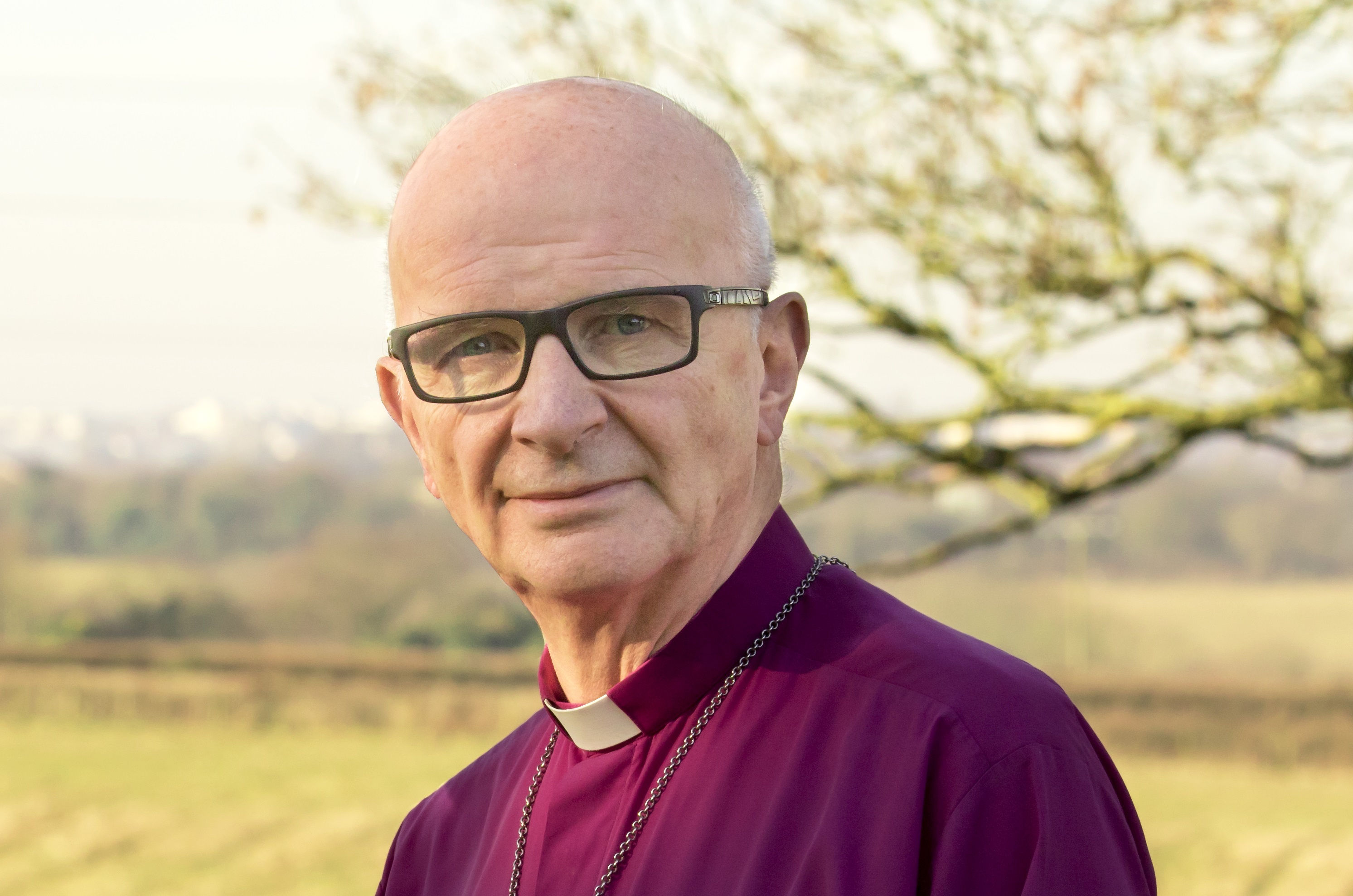
As I write the Church remembers St. Barnabas referred to by St Luke as a son of encouragement.
The background is as simple as it is challenging. Were told that a quickly established practise in the early church, with no welfare state in sight, was to sell their goods and possessions and lay the proceeds at the apostles feet for distribution to those who had need. We are not told what kind of need, or indeed, whether that need was the outcome of irresponsible behaviour. Quite simply, where they saw need they wished to alleviate it and that process of alleviation meant personal sacrifice.
Indeed, were told that No-one claimed that any of his possessions were his own, but they shared everything they had. This is a commitment to communal living which modern life has largely squeezed out. Those who are called to the religious life experience the joys and struggles of communal living and there is one church in Bristol that has around 130 people living in community.
There is something very challenging about this, but there is also something very different than the way believers think today. Of course we have a taxation system that funds a welfare state; the early believers paid tax to the Roman Government which didnt have anything that could be described as a welfare state, but they took on the additional responsibility of caring for those who had need.
Quietly I smile to myself when this political party or that claims to be the creators of social care and social action. Christians have been at the heart of this for centuries!
In the light of the recent General election, it is worth noting that the Bible doesnt have a huge amount to say about Christian Citizenship. The weight of New Testament evidence would call on Christians to support the ruling authorities unless those authorities ask something of Christians that on the basis of our beliefs we could not agree to. So, when the ruling authorities banned the preaching of the good news about Jesus, Peter replied, Judge for yourselves whether it is right in God's eyes to obey you (the ruling authority) or God? (Acts 4:19)
In the book of Jeremiah we read these amazing words, But seek the welfare of the city where I have sent you into exile, and pray to theLordon its behalf, for in its welfare you will find your welfare. Jeremiah 29:7. Surely, this is a forerunner of Pauls words in Acts 20:35 In all this I have given you an example that by such work we must support the weak, remembering the words of the Lord Jesus, for he himself said, It is more blessed to give than to receive.
Clearly when we exercise our vote we should be thinking about the welfare of the city (Greek polis from which our word politics derives) and err on the side of gracious generosity. But this isnt just about a way of voting, its about a way of life. Were told in Acts 4 that the much grace was upon them all. (v33)
My old ethics teacher used to insist that Christian ethics are the ethics of response. Until we understand the grace of God described by Paul in these terms For you know the grace of our Lord Jesus Christ, that though he was rich, yet for your sake he became poor, so that you through his poverty might become rich. (2 Corinthians 8:9), we will struggle to be gracious to those in need. Graciousness never makes excuses for ungraciousness.
When we seek the welfare of others, Jeremiah tells us, we shall find our welfare. Personal sacrifice in giving will bring a sense of blessing that I believe nothing else will bring to us.
Lord, let your grace fall afresh on me that I might be gracious to those in need. Amen
+Mike
June 2017